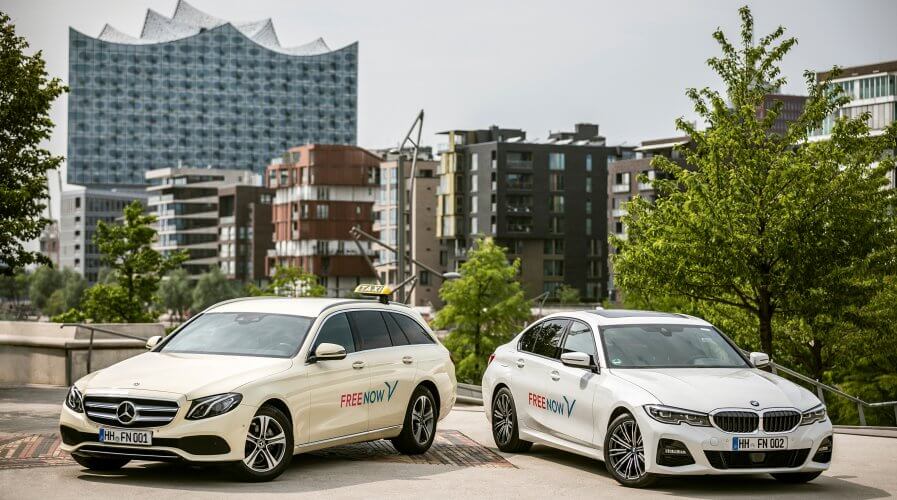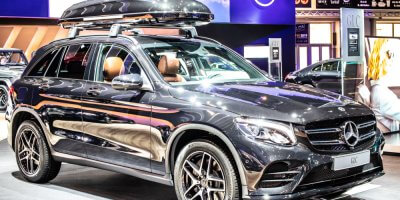
BMW and Diamler’s urban mobility initiative seems to have been a hit recently. Source: BMW
Did BMW and Mercedes’ $1.11b bet on urban mobility tech pay off?
AUTOMOTIVE giants across the world know that millennials and Gen Z customers don’t really want to own a car. Car manufacturers that don’t prepare for that reality will see operations and market share suffer.
Earlier this year, BMW and Mercedes (Daimler AG) bet EUR1 billion (US$1.11 billion) on a portfolio of five urban mobility solutions platforms — Reach Now for multimodal services, Charge Now for electric vehicle charging, Free Now for taxi-ride hailing, Park Now for on-demand parking, and Share Now for car-sharing.
“We are creating a leading global game-changer,” said BMW AG Management Board Chairman Harald Krüger at the time of the launch.
“We have a clear vision: these five services will merge ever more closely to form a single mobility service portfolio with an all-electric, self-driving fleet of vehicles that charge and park autonomously and interconnect with the other modes of transport.”
Looking back at the progress of the billion-dollar bet, the companies revealed that their urban mobility solution now caters to about 90 million customers in 1,300 cities worldwide.
The taxi ride-hailing platform Free Now is said to be heading for record earnings this year, with its annual gross merchandise value (GMV) run rate crossing EUR2 billion (US$2.22 billion) and the number of trips reaching almost 300 million.
BMW told media that Free Now caters to more than 39 million customers and has more than 800,000 affiliated drivers on its platform.
In 2020, to bolster margins, Free Now will offer additional mobility services such as e-scooters, electric bikes, car-sharing, and public transport, alongside its core ride-hailing offerings.
The expansion of Free Now will bridge the gap between taxi-hailing and its multimodal services platform Reach Now which currently caters to 7 million customers in 20 cities worldwide.
Further, Reach Now expects to aggressively look at developing itself into a Mobility as a Service (MaaS) platform. Given the reputation and reach of the two companies in Europe, getting the necessary buy-ins from public transport authorities and government agencies to put the MaaS offering together is expected to be a tad easier.
While neither BMW nor Daimler has commented on plans for expansion into Asia or the US, the players demonstrate that automotive companies can really make a dent in tomorrow’s urban mobility space if they start early, especially taking a hint from customers who now care more about convenience than ever before.
In the US, given the reach and comfort that Uber and Lyft have established in the market and the progress that both platforms have made in terms of developing a MaaS offering, the launch of a new seems difficult — although Ford and General Motors are already making noticeable efforts.
Asia, on the other hand, has plenty of opportunities for urban mobility solutions, although the monopoly enjoyed by Grab in countries such as Malaysia and Singapore, and the trust and confidence earned by Go Jek in Indonesia might mean that automotive giants might need to explore partnerships rather than going solo.
Either way, the reality is that the world of car manufacturers is changing rapidly. Those that rise to the challenge and think outside the box will survive. Those that fail might struggle to remain profitable, or even operational.
READ MORE
- Ethical AI: The renewed importance of safeguarding data and customer privacy in Generative AI applications
- How Japan balances AI-driven opportunities with cybersecurity needs
- Deploying SASE: Benchmarking your approach
- Insurance everywhere all at once: the digital transformation of the APAC insurance industry
- Google parent Alphabet eyes HubSpot: A potential acquisition shaping the future of CRM


